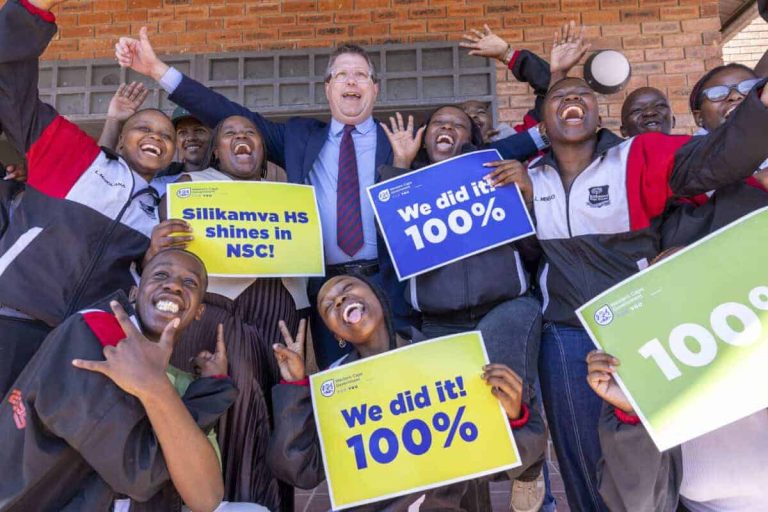
Screenshot

Across Uganda, alcohol is part of the cultural connection and, in many ways, the social lubricant that drives interactions, closes business deals and celebrates victories.
It plays a role in everyday hospitality and economic growth. When enjoyed responsibly, it fuels celebration, supports local supply chains, and creates jobs at every stage from agriculture to retail.
Yet there is a darker side that continues to threaten lives and livelihoods: the trade in illicit alcohol. Illicit alcohol is one which lacks official requirements within a specified market such as necessary health permits and compliance with local laws and norms applicable to the alcohol production process.
It also involves alcohol that is smuggled through the country without paying the relevant taxes, and alcohol sold through informal channels mainly unlicensed and unregulated premises. Uganda’s alcohol industry is standing at a crossroads.
A recent custom research report released by the Uganda Alcohol Industry Association (UAIA) revealed that Ugandans consume 4.6 litres of pure illicit alcohol per year, compared to the 2.3 litres of pure legal alcohol.
Adding to that, in recent years, illicit alcohol has tightened its grip on the market. It accounted for nearly 67 per cent in 2024 of consumption by volume from 64 per cent in 2020. The consequences are devastating.
A record amount of billions in lost tax revenue, avoidable deaths, and a public health crisis fueled by unregulated and often dangerous beverages. Tax losses from this underground trade are estimated at close to Shs 3 trillion annually.
That is money that could fund hospitals, improve roads, and support education. Instead, it slips through the cracks, feeding a hidden market where no safety standards apply. Consumers are left exposed to products laced with excessive ethanol or toxic methanol, risking blindness, organ damage, or death.
It is not enough to simply tighten consumption hours or impose distance restrictions on legitimate outlets. These measures do little to dent the production and distribution networks of unregulated alcohol, which operate outside the formal economy. The real challenge is enforcement.
The discussion around ensuring that every alcoholic beverage on the market is approved by the Uganda National Bureau of Standards (UNBS) and meets basic safety requirements should be amplified.
For companies like Premier Distilleries Ltd, which have invested in producing safe, affordable, and quality alcoholic brands such as Coffee Spirit and Simba Gin, this fight is personal. We take pride in being a homegrown player that ensures Ugandans can enjoy spirits without compromising on safety or budget.
There is also an economic aspect we cannot ignore. Illicit alcohol undermines farmers, distributors, transporters, and bar owners who operate within the law. It pushes legitimate players to the brink, threatening livelihoods across the value chain.
A strong, fair market requires a level playing field. That is why we work hand in hand with regulators and distributors to clamp down on the infiltration of counterfeit or illicit alcohol.
Government, industry, civil society and the public at large must work together to break the cycle of illicit trade. This means tougher crackdowns on illegal production sites, better market surveillance, and public awareness campaigns that reach deep into communities.
It also means recognising that the issue is not simply about alcohol but more about public health, economic stability, and consumer protection. The fight against illicit alcohol will not end tomorrow but the choice is clear.
We can allow the illicit trade to continue eating away at lives and revenues, or we can act decisively to protect both. We need to be committed to being part of the solution because ultimately, the health of our nation and the integrity of our industry depend on it.
The writer is the head of Sales at Premier Distilleries Limited



